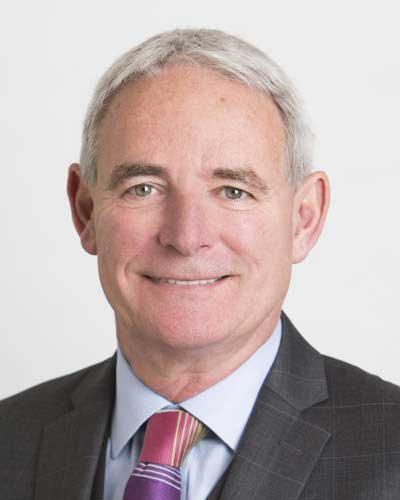Expert networks can provide a competitive edge in making investment decisions but hedge funds must still implement strong internal controls to ensure they do not fall on the wrong side of the regulator.
In the last year the Securities and Exchange Commission (“SEC”) has pursued regulatory action against a number of employees and consultants of expert networks and the firms that use them. While the Financial Services Authority (“FSA”) has yet to follow suit, it is unlikely to be too long before we see our first prosecution as more and more firms globally rely heavily on these networks of consultants.
While there is nothing inherently wrong with using expert networks to develop market insights, firms must be careful that the information received does not constitute material non-public information (inside information).
Mary Schapiro, whilst commenting on insider trading, described it as “a problem of tremendous magnitude.” In October, Rajat Gupta, a former Managing Director of McKinsey & Co. and Board Member of the Goldman Sachs Group, Inc., was indicted on criminal charges of insider trading for allegedly providing Raj Rajaratnam, founder of the Galleon Group, with inside information from which Rajaratnam profited.
In addition, a number of employees and consultants of Primary Global Research, a leading expert network firm, have pleaded guilty to passing inside information to hedge fund managers during consulting calls. Most recent was James Fleishman, who was found guilty of connecting hedge funds with insiders at companies in which he knew inside information was being passed, and given a prison sentence of four years.
While it is clear that the SEC is determined to crack down on insider trading, Carlo V. di Florio, Director of the SEC Office of Compliance Inspections and Examinations, stated that the recent cases do not represent inherent hostility by the SEC towards expert networks; however, firms that use expert networks “should address any increase to their compliance risks that expert networks may pose, and build appropriate controls around information obtained from expert networks, at both the front end and the back end.”
At present, there are no specific rules, by the FSA or SEC, regulating expert networks or the use of them. In the absence of any such rules, firms should adopt appropriate controls to ensure that they do not come in contact with inside information. Such controls may include:
Front-end controls:
- Due diligence on the expert network
- Reviewing terms of agreements with expert networks
- Ensuring all staff have signed and acknowledged the insider trading policy
- Regular insider trading training
- Pre-approval of conversations with expert networks
- Random sample monitoring/chaperoned conversations
- Prohibiting expert network facilitated conversations with public company employees
Back-end controls:
- Quarterly certifications that employees have not used or passed on inside information
- Random sample testing of employee trades after conversations with expert networks
- Ensuring the restricted list includes companies that the consultants are related to
One exception is Massachusetts, which in August 2011, adopted final state rules prohibiting registered investment advisers from retaining the investment consulting services without first obtaining a written certification from the consultant that “describes all confidentiality restrictions that a consultant has or reasonably expects to have” and “affirmatively states that the consultant will not provide any confidential information to the adviser.” These rules come into effect from 1 December 2011.
While it goes without saying that strong internal controls are essential, it is the due diligence which firms have conducted that is likely to be the determining factor when the FSA or SEC comes to visit. Kinetic Partners has a team of regulatory experts that regularly conduct due diligence on these networks and can help you avoid the pitfalls of using these vital tools of the trade.

